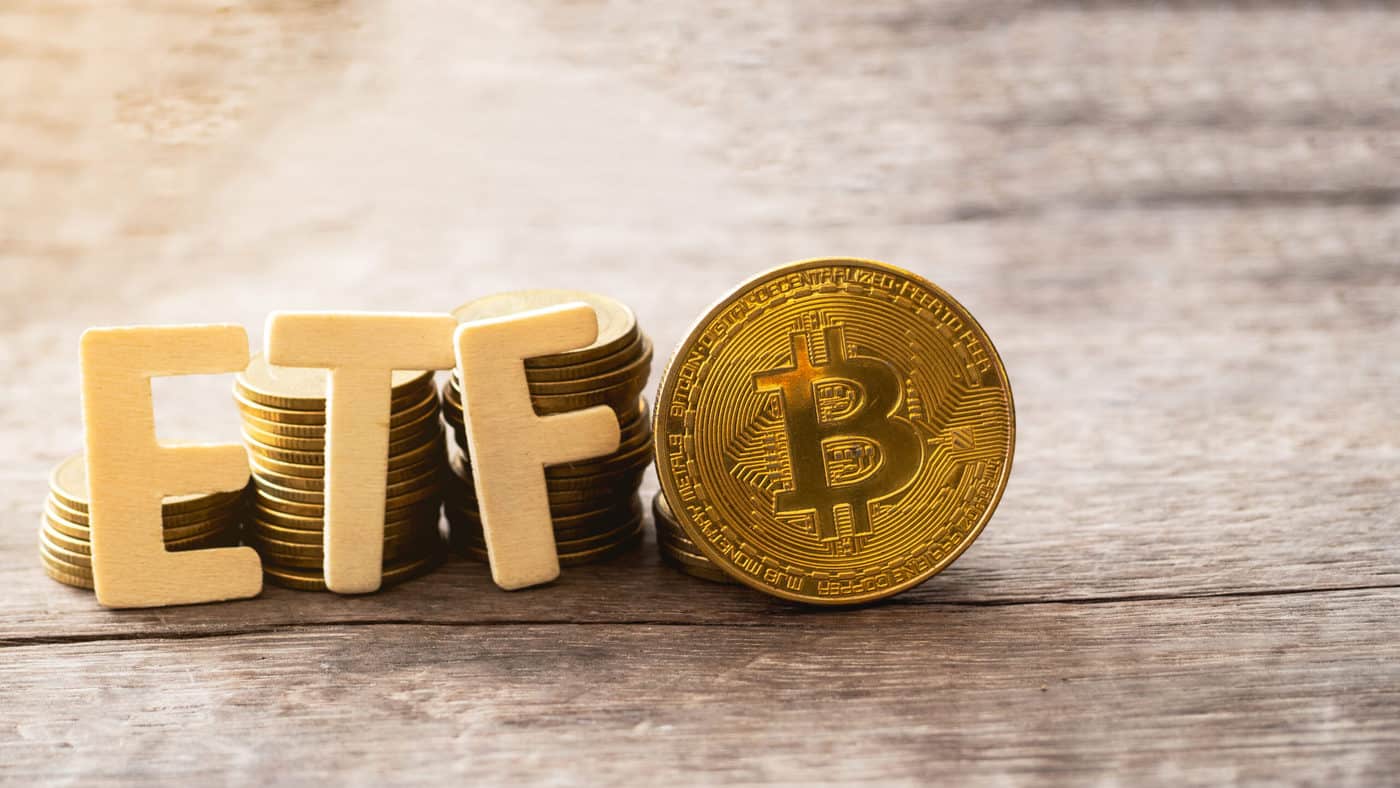There’s no doubt that Bitcoin has come a long way in regulatory clarity since its early days as the bad boy of the dark web. These days, well-known institutional investors like MassMutual and Paul Tudor Jones are proud to invest in Bitcoin. Bitcoin has even risen to the status of national currency in El Salvador. Yet one question is still on the lips of money managers worldwide; ‘When will a cryptocurrency ETF be available on US stock exchanges?’
An ETF, or exchange-traded fund, is a specialized investment product structured to track the price of an asset or a basket of assets. One famous example is SPY, the S&P 500 ETF which tracks the stock price of 500 of the largest US-based companies. As a highly liquid, global asset class, crypto is a perfect candidate for ETF expansion, and indeed many countries launched crypto ETFs over the last few years.
What is a Cryptocurrency ETF?
A cryptocurrency ETF is an investment vehicle that tracks the performance of one or more cryptocurrencies. To issue an ETF, the ETF management company must first receive the blessing of securities regulators in their country. The management company must own the underlying assets that make up the ETF. Ownership of these assets is represented by ETF shares’ sold to investors on an ordinary stock exchange. Investors in ETFs are then exposed to the underlying assets’ performance, while the management company earns a fee for their efforts. They can also diversify their existing equity portfolios with a Bitcoin ETF.
What is Cryptocurrency ETP?
Exchange-traded products (ETPs) are financial contracts that track the performance of securities, an index, or other financial instruments. If that sounds similar to an ETF, that’s because ETFs are part of the ETP family. What sets an ETF apart from other forms of ETPs is that an ETF is passively managed, which means that the ETF’s management company doesn’t engage in active trading. So, when we talk about a cryptocurrency ETF, we’re also talking about a cryptocurrency ETP.

Bitcoin ETFs are nice, but buying actual Bitcoin and controlling your keys takes you to the next level.
What Cryptocurrency ETPs are available?
Investment houses around the world are hopping on the crypto bandwagon by offering ETPs to their clients. One of the leading providers of ETPs is 21 Shares, which provides cryptocurrency ETPs on some of Europe’s leading exchanges like the SIX Swiss Exchange, Euronext Amsterdam, Euronext Paris, and the Wiener Boerse. Their ETPs range from single-asset products tracking the price of Bitcoin, Ethereum and others, to multi-asset baskets that consist of multiple cryptocurrencies. Another giant in the Bitcoin ETF space is Purpose Investments, which manages $662 million worth of Bitcoin investments for its clients. The Purpose Bitcoin ETF is physically settled, which means for every $1 worth of ETF shares, Purpose investments hold $1 worth of Bitcoin in custody. However, investors can’t take possession of the actual coins.

Holdings in Canada-based Purpose ETF have jumped by 367% since February
ETFs Not Welcome in The USA – Yet
The Securities and Exchange Commission (SEC) of the United States remains a notable skeptic of cryptocurrencies. The SEC has already thwarted attempts to form a Bitcoin exchange-traded fund. As a result, the United States currently only has cryptocurrency trusts. Although trusts facilitate investing in cryptocurrencies, they are not traded on major exchanges, have limited liquidity, and frequently sell at significant discounts or premiums to their underlying asset prices. A Bitcoin ETF may be a far more straightforward and investor-friendly alternative.
BRB: Buy Real Bitcoin!
While buying an ETF may seem like a convenient route for existing equity investors, there remains no substitute for buying the real thing. For example, an ETF allows you to track the price of Bitcoin and other crypto assets, but it doesn’t grant you direct ownership over these assets. When you buy cryptocurrency through Coinmama, the coins get sent directly to a wallet you own, giving you full control and sovereignty over your funds, just as Satoshi intended.



